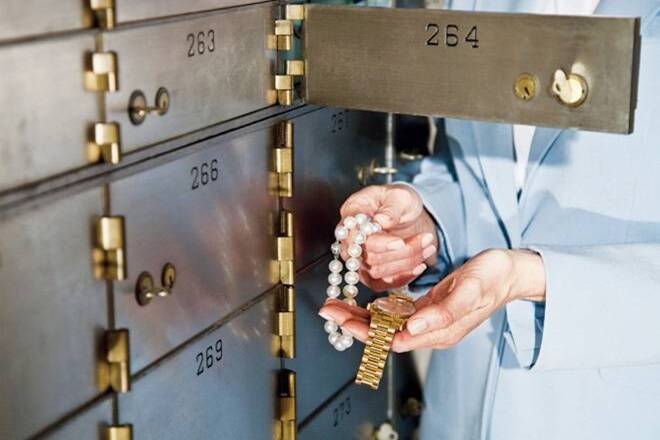If you keep jewelry or any other valuables in the bank’s locker, then this news is for you.
Actually, the Reserve Bank of India has amended the guidelines related to hiring bank lockers. The Reserve Bank has also mentioned in detail the compensation policy and liability for banks in the revised instructions.
What is the new rule: According to the Reserve Bank, banks will have to implement such a policy approved by their board, in which their responsibility can be fixed for the goods kept in the locker due to negligence. The Reserve Bank has said that the bank will not be responsible for any loss in the event of natural calamity or ‘Act of God’ i.e. earthquake, flood, lightning or storm.
However, banks will need to make appropriate arrangements to protect their premises from such calamities. Apart from this, the bank will be solely responsible for the security of the premises where the safe deposit lockers are located. The directive states that in the event of fire, theft, dacoity or burglary, the bank cannot abdicate its liability. In such cases the liability of the bank will be up to one hundred times the annual rent of the locker.
In addition, banks will have to include a provision in the locker agreement, under which the person renting the locker will not be able to keep any illegal or dangerous goods in it.
List of lockers to be given: The Reserve Bank said that banks will have to make a list of vacant lockers branch-wise. Also, they will have to enter their waiting list information in Core Banking System (CBS) or any other computerized system compliant with cyber security framework for the purpose of allotment of lockers. Banks will have to ensure transparency in allotment of lockers.
Wait list number will be issued: It has been said in the instructions that banks will have to give acknowledgment or receipt for all applications of locker allotment. If the locker is not available, the banks will have to give the wait list number to the consumers. Explain that the revised guidelines regarding lockers will come into effect from January 1, 2022.


